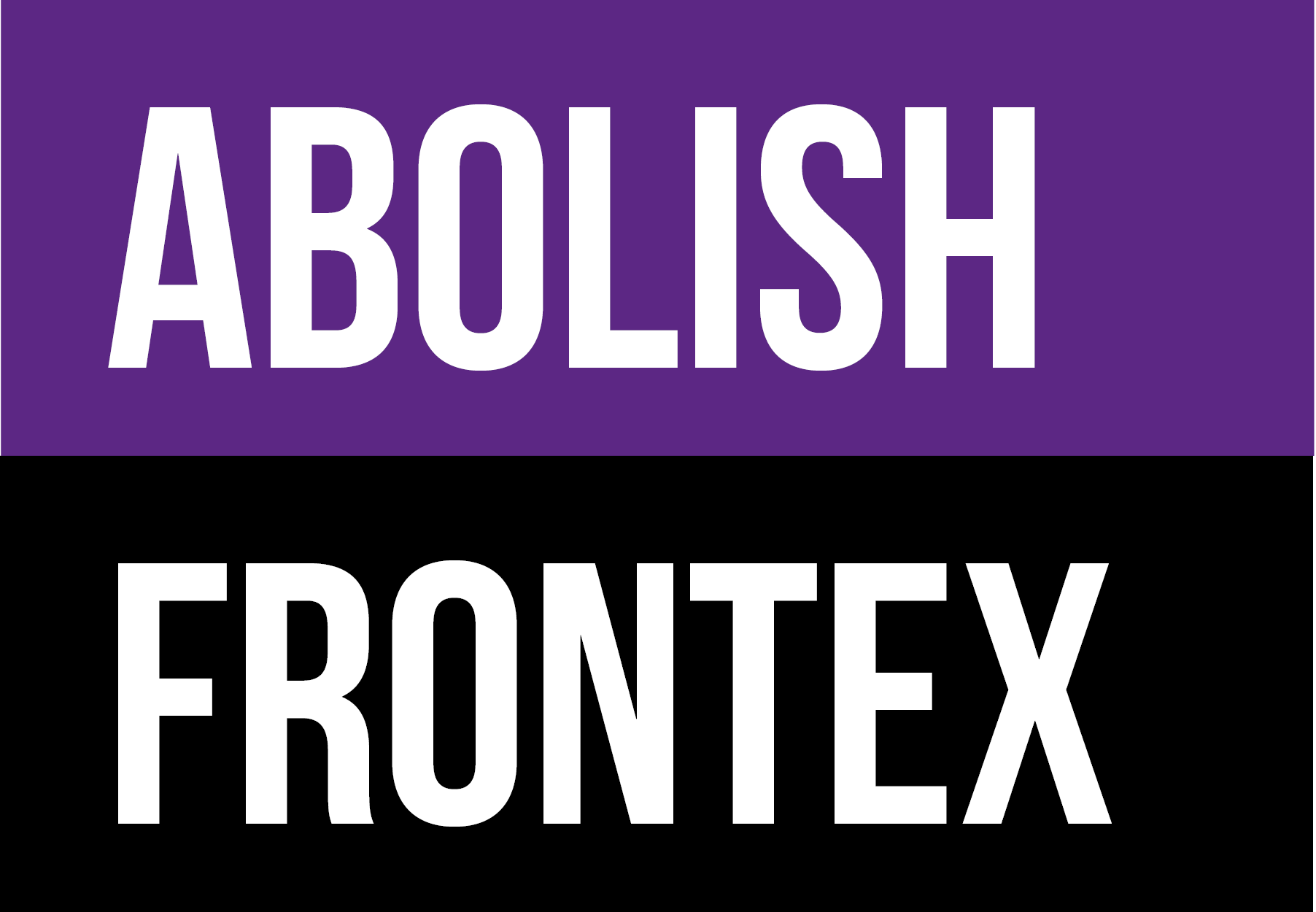[blog by Henrike Behrens-Scholvin and Anna Schliewen] Analyzing the Frontex annual reports of 2006 and 2019, to Frontex’ framing of people on the move and therefore a part of Frontex self-representation of the agency, are an important topic. As a joint term paper, we wanted to take a comparative look at the changing rhetoric of the Border Patrol Agency.
Frontex frames people on the move in categories that emphasize attribution and assignment, not naming their subject status and thus their lives as people and the vulnerability of those lives. Thus, in the 2006 report, people on the move are recorded as “nationalities” with their sole nationality or simply titled as “entries”. This assignment serves as a substitute for a designation of their identity.
Reports do not speak of people, refugees, but people on the move are grouped together and criminalized in categories such as “illegally staying third country nationals”. The subject constitutions made in Frontex reports produce subjects as non-European, not as part of the European norm. The outside of this European Norm means in consequence the outside of the European territory. Within the discourse of flight, refugees for Frontex are “nationalities, irregular migrants, departures and arrivals”. The only active acts attributed to people on the run are cross border crimes.
It seems as if Frontex divides its activities into two parts: the protection of the European external borders and a constitution of the people on the move as passive, harmful subjects. Both categories follow the goal of pushing people on the move in a space without rights so that the aim of border protection can be fulfilled.
People on the move are classified by making them visible with characteristics and segregated by the dominant society. Categorizing subjects and dehumanizing them under terms such as “types, consequences, cases” makes it possible to legitimize exclusion and shift people into a space of exteriority. The enforcement of this logic is only possible through the construction of racialized subjects, which increasingly takes place through the category of citizenship. The lives of EU citizens are protected, the deaths of others are concealed.
Frontex circumvents naming people as such by reporting exclusively on actions within operations and leaving out affected subjects: “effective returns”, growing migratory pressure, “departures” and “arrivals”. The vulnerability of people on the move is thus excluded, an attempt to deny them their subject status, whereas the rights of EU citizens are emphasized and the protection of their security and freedoms are Frontex’s top priority: “Together with is partners, Frontex, the European Border and Coast Guard Agency, will continue to contribute to the safety and security at the EU’s external borders and its citizens and to the well-functioning of the European Area of Freedom, Security and Justice”.
Frontex uses intransparent formulations when it comes to its actions: “to work in a more proactive way in order to predict and prevent challenging situations from emerging at the external border”. It remains unclear what lies behind such a challenging situation. Are human lives at risk or border security? This ambiguous rhetoric allows Frontex to avoid stating that people at borders are exposed to deadly conditions.
Particularly observable were the agency’s efforts to appear as a European actor working for the rights and freedoms of EU citizens, as well as an explicit non-designation of people on the move. People on the move are drawn by the agency as an invisible actor and shifted into a space of the outside. Only a criminalization of people on the move on the basis of dehumanizing categories can be noted.
People on the move who die in border spaces are not mentioned, hushed up. The human being behind a category is objectified or completely concealed. By not mentioning people at borders and by focusing on the lives of EU citizens that are worth protecting, Frontex makes the lives of people on the move seem unimportant and in fact become unimportant within the political discourse on EU border protection.
